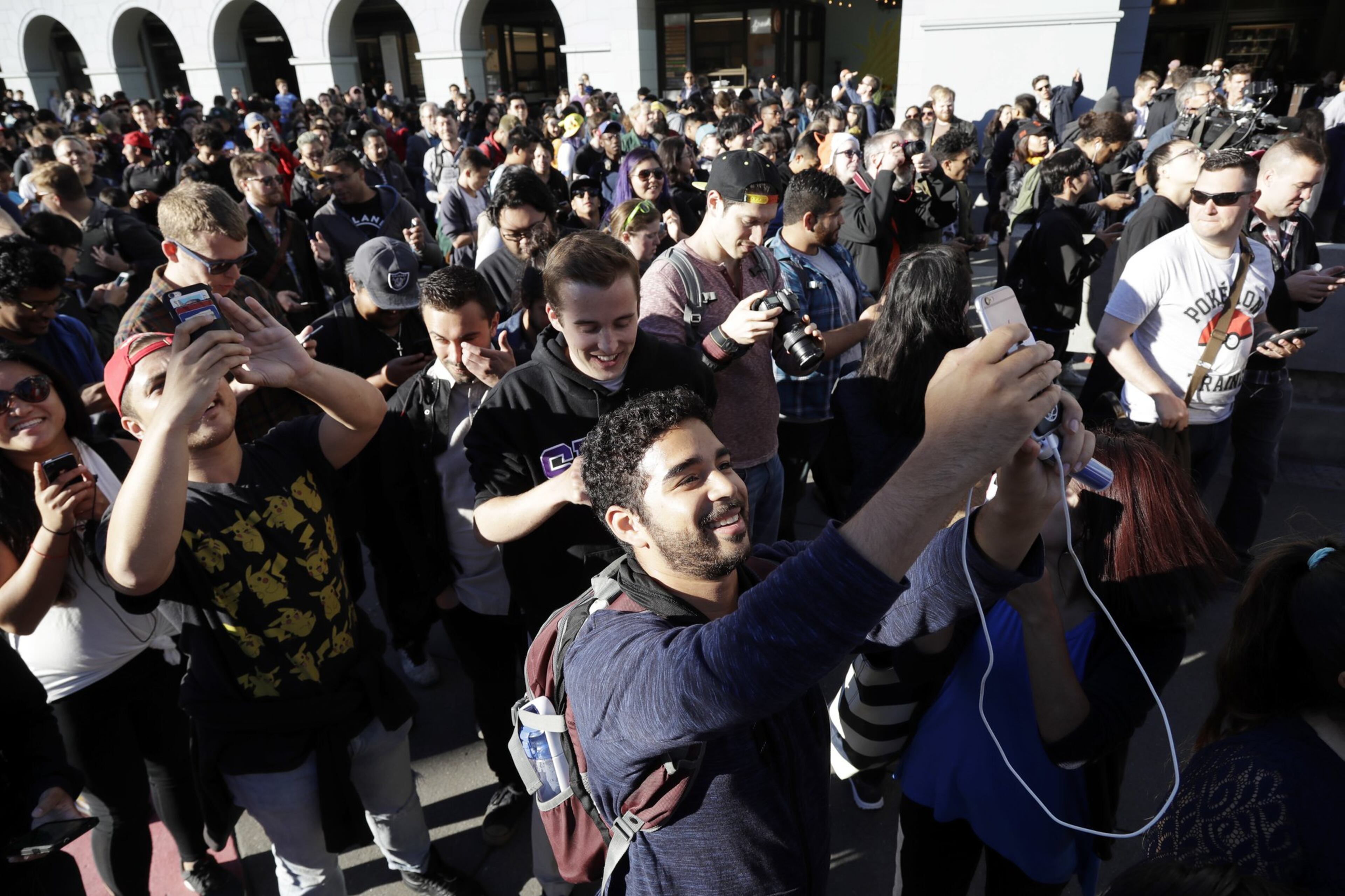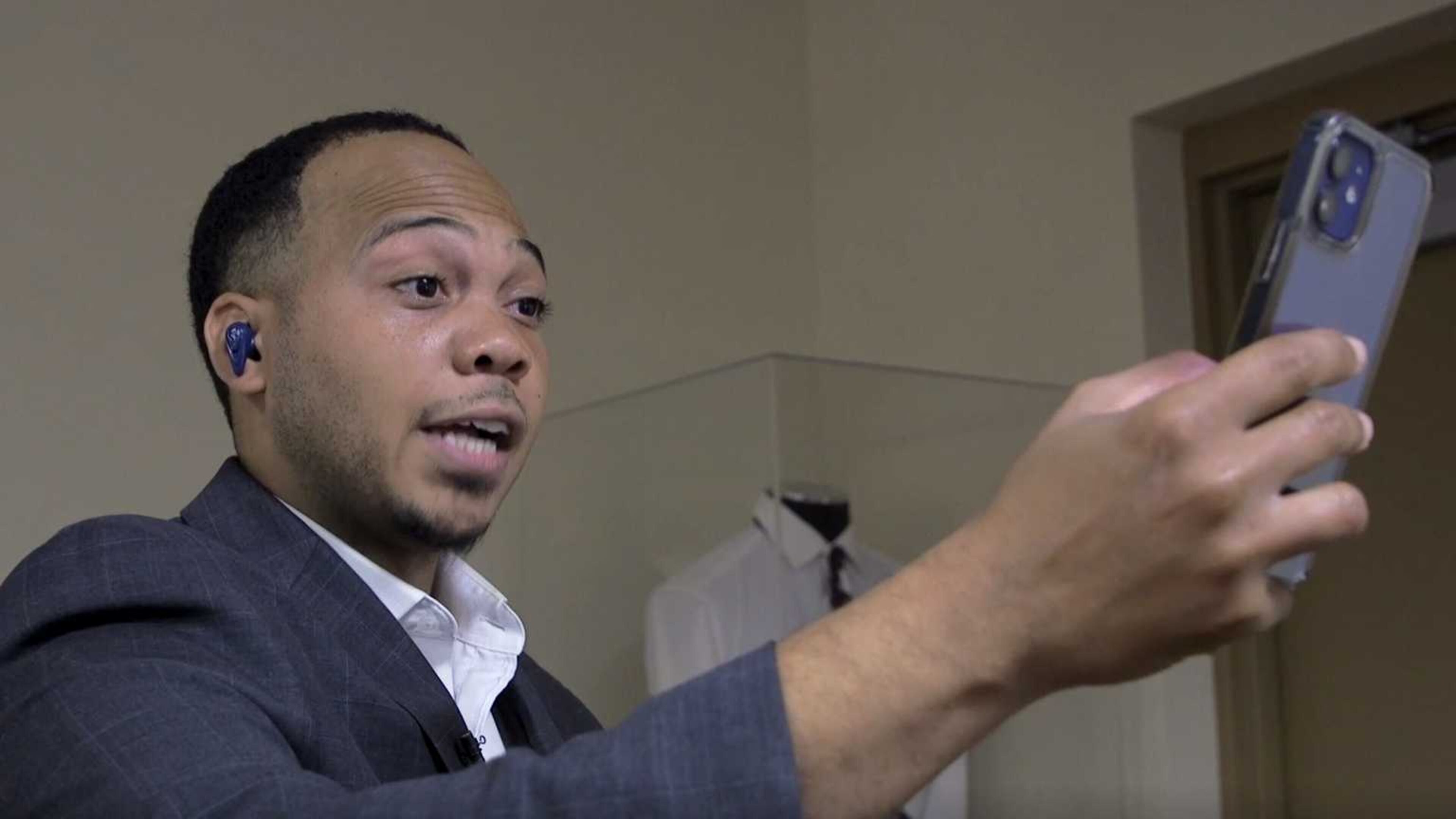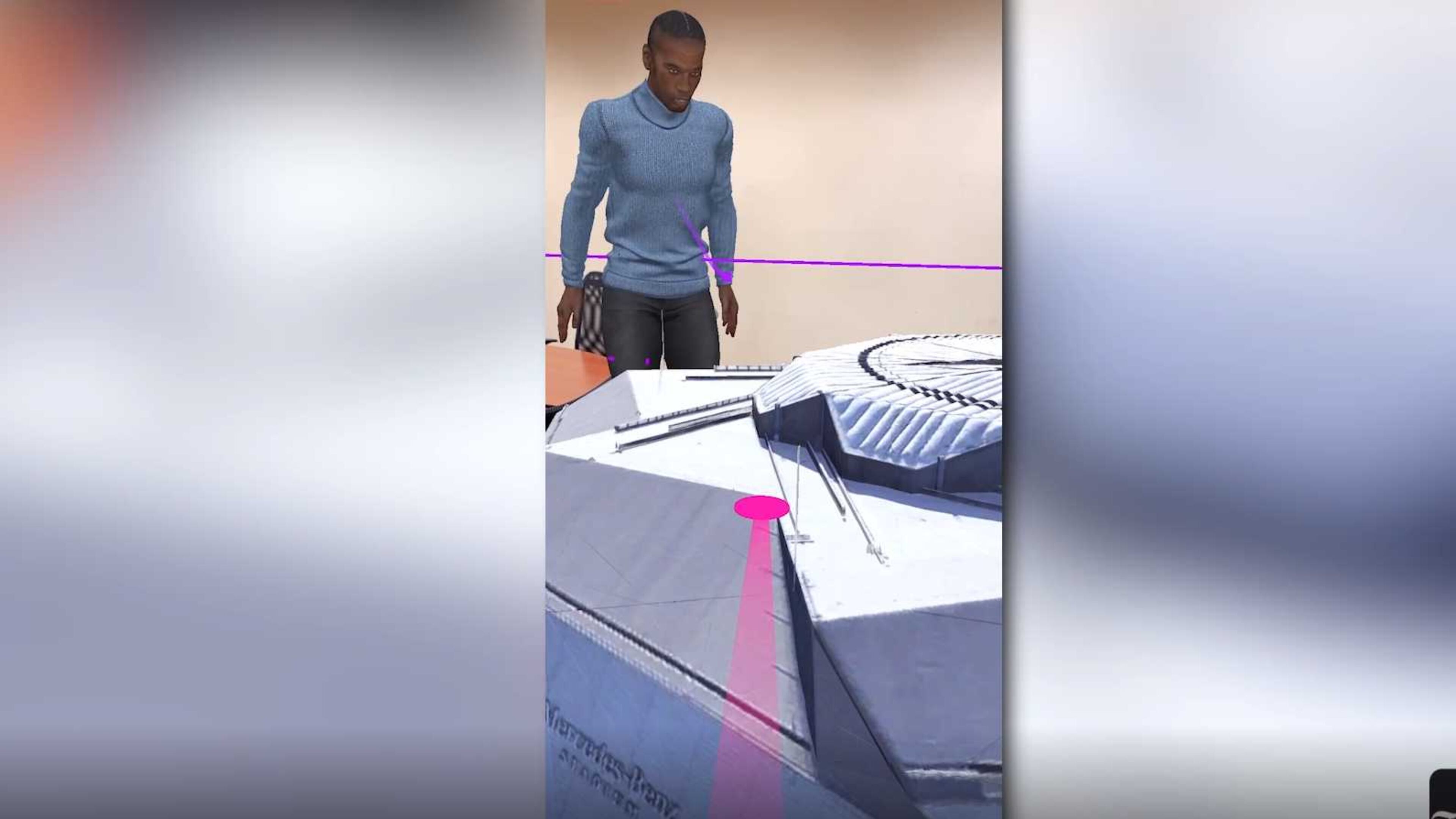Morehouse College goes 3D to recruit students
To tour Morehouse College, guests typically go through one of two entrances where a security guard asks for identification before allowing visitors on the Atlanta campus.
Now, you can tour the college with touches of technology similar to the 2009 science fiction hit movie “Avatar” and the onetime national video game obsession Pokémon Go.
It may become the future of college recruiting, experts who “nerd out” on this type of technology say.

Morehouse has partnered with Verizon and Aetho, an augmented reality company, on technology allowing people to use their smartphones or an augmented reality headset to see three-dimensional images of the entire campus wherever they are located. A Morehouse official — in the form of an avatar — serves as tour guide, showing campus landmarks, like a statue of its most celebrated graduate, Rev. Martin Luther King Jr., and answering questions in real time. The augmented reality includes video of football games and 3D images of other locations, such as Mercedes-Benz Stadium, to show off the benefits of college life in Atlanta.
College officials tested the technology, loaded through the Beame app, last year and are rolling it out this school year to recruit students.
“It’s a really, really cool platform to use and allows us to engage with our students,” said Michael Gumm, who graduated from Morehouse a decade ago and now works for the college as its senior recruitment manager for online programs.

Access to the college has changed quite a bit since the start of the coronavirus pandemic, and Morehouse officials hope the technology will give them a recruiting edge. Morehouse, a private, historically Black college for men, held virtual classes last school year. Administrators this year require students, employees and faculty to be vaccinated for COVID-19 to be on campus. Morehouse currently has about 2,300 students.
Many students interested in Morehouse live in California, the northeast or overseas and weren’t able to visit before the pandemic, or couldn’t afford a trip to Atlanta to see the campus, so officials at the college believe this type of immersive experience will be useful in the future.
The competition to recruit college students is always intense, particularly as college enrollment has declined nationally in recent years, and is expected to continue to decline. Recruiters are constantly searching for any advantage.
Some have explored using similar forms of technology to attract prospective students. Oral Roberts University, for example, decided to show off their Global Learning Center by building a model inside the video game Minecraft.
A.B. Osborne, an assistant professor of animation at Augusta University, said augmented reality has typically been used by businesses to market products to other businesses. For colleges, he said, “it’s one of those things that’s still coming into its own.”
“There’s definitely a wow factor when people see it. It’s a fun marketing tool,” Osborne said.
In general, Osborne said augmented reality needs some tweaking to improve the images to make it easier to view on a smartphone. Eventually, he believes augmented reality is going to be the norm.

Jaylin Grier, 22, a Morehouse senior and president of the college’s student ambassador program, which conducts in-person campus tours, was asked last school year to test the technology. One of the things he likes about the app is it can show student housing and classrooms.
“I was a bit jealous,” Grier, who grew up in Atlanta, said with a laugh. “Being a senior, it’s a tool I wished I could have had to map out my route for classes.”
How does it work?
Viewers receive an email inviting them to join a session to use the technology. The viewer is asked to download the Beame app. Once the person is on the site, they see a 3D image of the campus on their smartphone or augmented reality device. An avatar of an official from the college shows the viewer around the campus.
Visit AJC.com for a video showing the the app in action.



